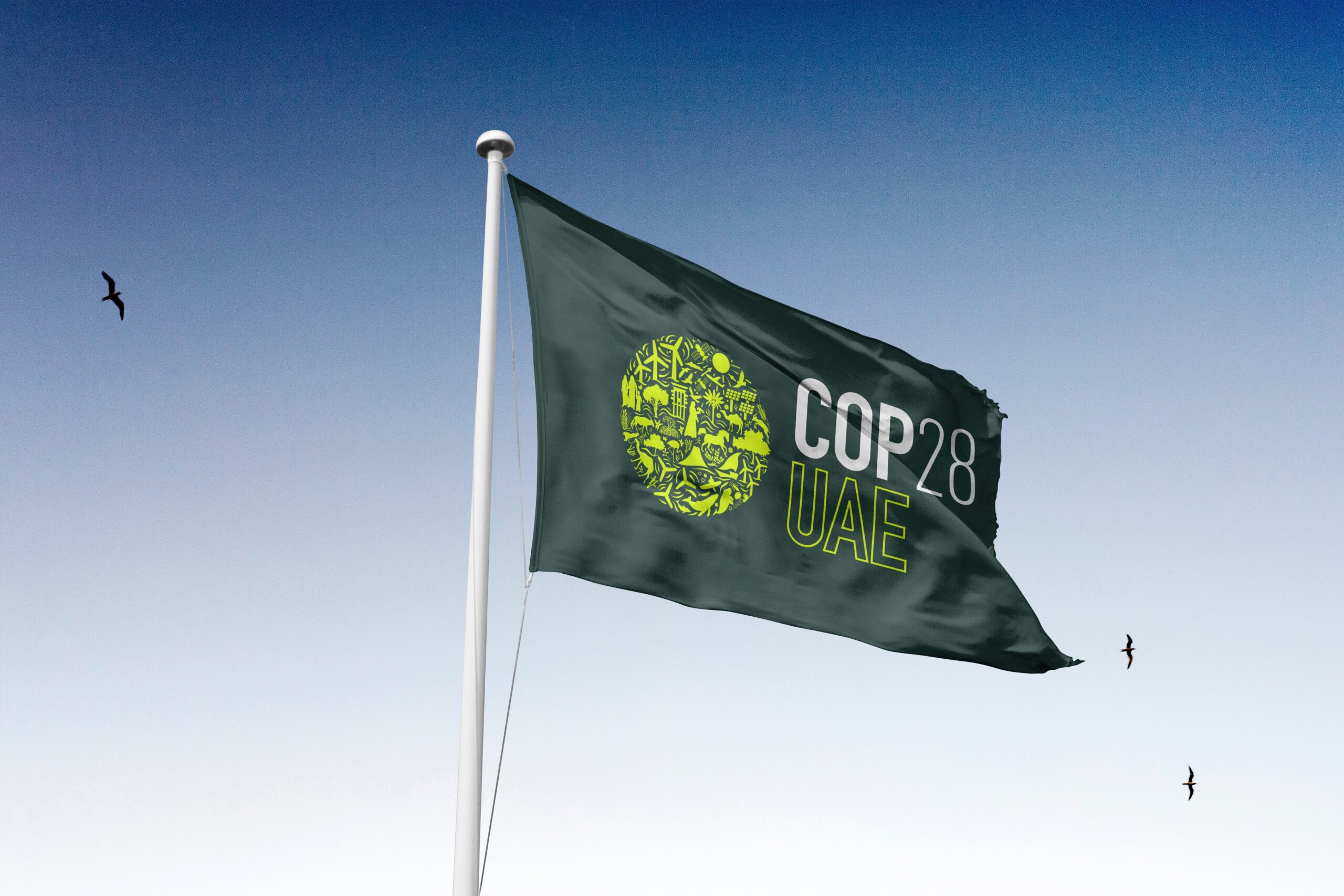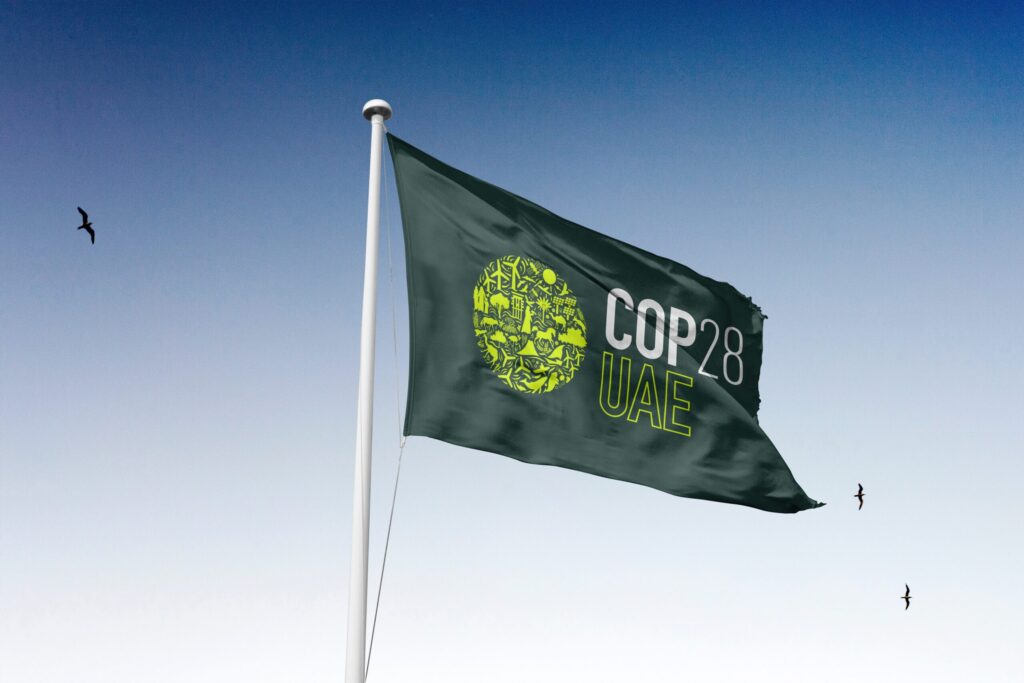Why COP28 is about more than politics
GoodBlog | read time: 2 min
Published: 5 December 2023

The COP28 (2023 United Nations Climate Change Conference) kicked off on Thursday 30 November for 2 weeks. It brings together the signatories of the United Nations Framework Convention on Climate Change, made up of 197 countries and the supranational European Union.
The aim of this annual conference is for countries to agree on objectives and solutions to tackle climate change and its effects.
States’ current commitments should lead to a 2% reduction in greenhouse gas emissions by 2030, however many feel that this is still a long way short of the emissions reductions necessary to effectively limit global warming.
While governments are in the front line at COP28, the private sector and investors also have an essential role to play in tackling climate change and working towards a just transition. This is defined by the International Labour Organisation (ILO) as ” greening the economy in a way that is as fair and inclusive as possible to everyone concerned, creating decent work opportunities and leaving no one behind.”
Climate change has far-reaching and lasting consequences for all ecosystems and populations, including difficulties in accessing water and food, the damage caused by natural disasters, and the effects of excessively high temperatures on health and livelihoods – but measures to fight climate change may themselves have harmful effects on people. Whether creating an increased risk of instability and job insecurity in a context of accelerated transition, or through the development of technologies, such as carbon capture and storage, the long-term effects of which may not yet be well understood, a careful balance has to be struck. Such an approach will help ensure that solutions implemented not only address the climate crisis but also consider the potential socio-economic impacts on communities.
Much has been written about the politics of COP summits and the complexities of reaching an agreement between some 200 countries. However, regardless of the outcomes of COP28 and the commitments made by participating states, organisations have a responsibility to take decisive action at a local and organisational level. Many are already moving in this direction in anticipation of impending legislation such as the CS3D and are proactively putting systems and processes in place such as:
- Identifying and prioritising risks and impacts throughout the value chain
- Implementing a clear, fair and inclusive transition strategy for all stakeholders, in line with international best practice
- Allocating the appropriate human and financial resources to carry out this strategy, including stakeholders up and down the value chain
- Mitigating and remediating impacts proactively and on the basis of prioritisation by level of risk and, where mitigation and remediation do not prove sufficient, plan the cessation of the operations related to these impacts.
- Measuring the effectiveness of the measures implemented and adapting them as necessary to maximise their impact.
In many of the organisations that we are working with, these initiatives are being driven by senior management with the aim of implementing such practices throughout the value chain.
GoodCorporation’s Environmental Framework can be used by organisations to help build a strategy that can embed best practice within their organisation whilst helping to ensure a just transition. This Framework can be adapted to the needs of a range of companies and sectors to help identify the risks and impacts associated with their operations and value chain. Our Environmental Framework forms a part of our wider ESG services. Click here to find out more about these services or contact us directly.
work with us
